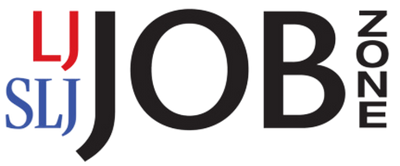Peer Recovery Support Specialist I
Job Description
Job Description
About the Role:
The Peer Recovery Support Specialist I plays a crucial role in the Health Care Services sector by providing support and guidance to individuals in recovery from substance use disorders. This position focuses on fostering a supportive environment that encourages personal growth and resilience among clients. The specialist will utilize their lived experience to connect with clients, offering empathy and understanding while promoting recovery-oriented practices. By facilitating access to resources and support networks, the specialist aims to empower clients to achieve their recovery goals. Ultimately, the end result of this role is to enhance the overall well-being and quality of life for individuals navigating their recovery journey.
Minimum Qualifications:
- High school diploma or equivalent.
- Personal experience in recovery from substance use disorders.
- Completion of a peer support training program.
Preferred Qualifications:
- Associate's degree in a related field.
- Experience working in a healthcare or social services environment.
- Certification as a Peer Recovery Support Specialist.
Responsibilities:
- Provide one-on-one support to clients, sharing personal recovery experiences to inspire hope and motivation.
- Assist clients in developing personalized recovery plans and setting achievable goals.
- Facilitate group support sessions and workshops to promote community engagement and peer support.
- Connect clients with community resources, including housing, employment, and healthcare services.
- Document client progress and maintain accurate records in compliance with organizational policies.
Skills:
The required skills for this role include strong communication and interpersonal abilities, which are essential for building rapport with clients and facilitating group discussions. Empathy and active listening skills are crucial in understanding clients' unique challenges and providing appropriate support. Organizational skills are necessary for managing documentation and tracking client progress effectively. Preferred skills, such as knowledge of community resources, enhance the specialist's ability to connect clients with vital services. Overall, these skills are utilized daily to create a supportive and empowering environment for individuals in recovery.
